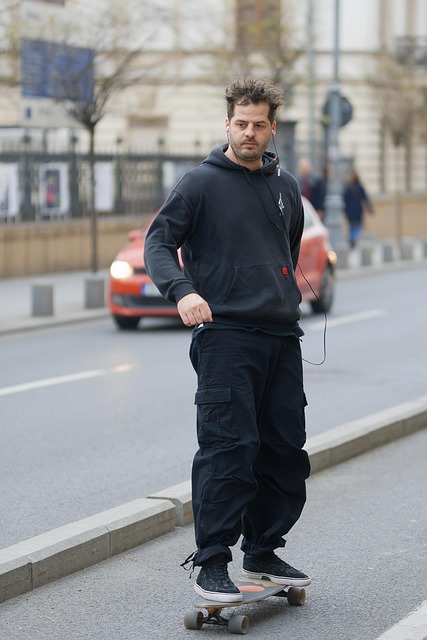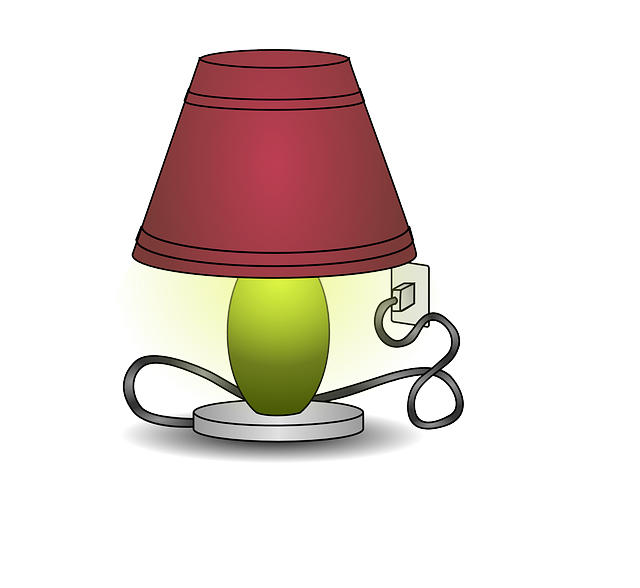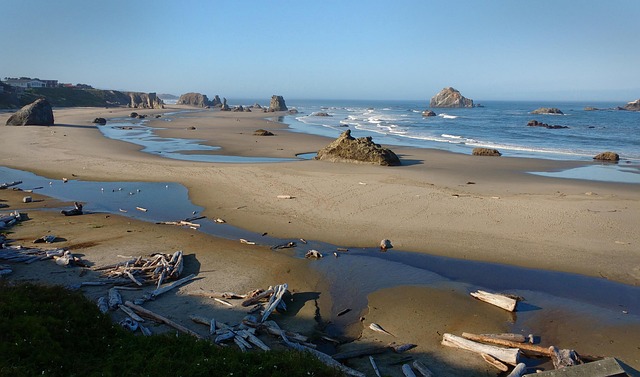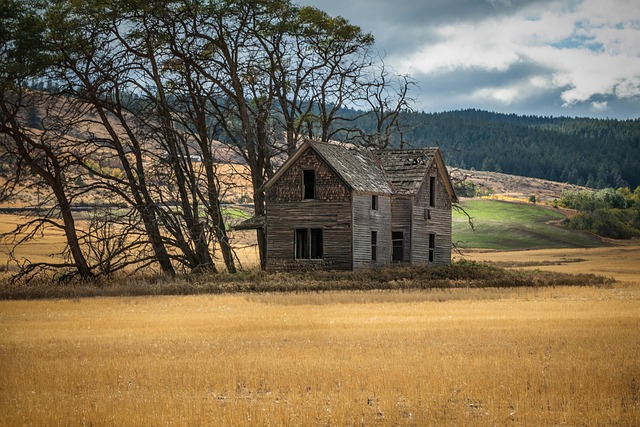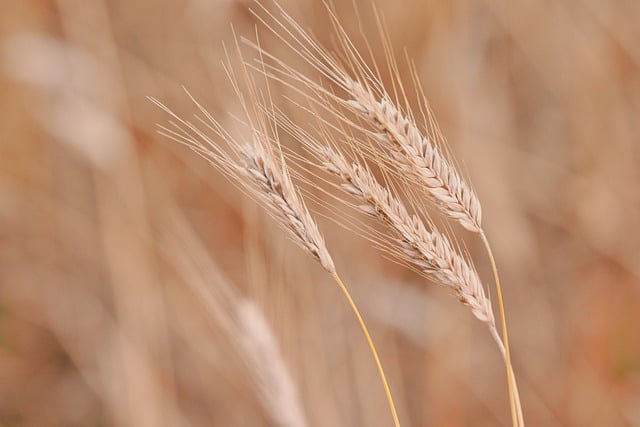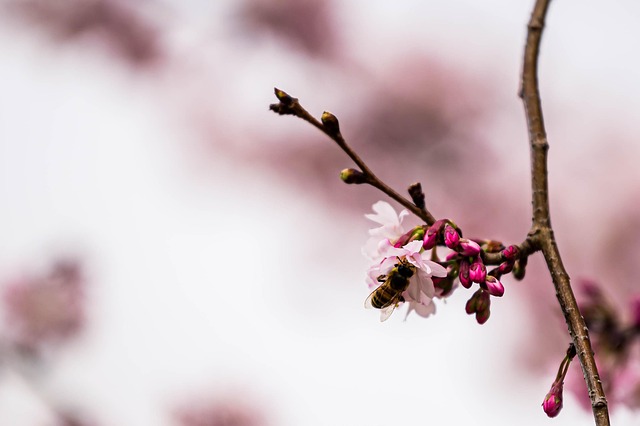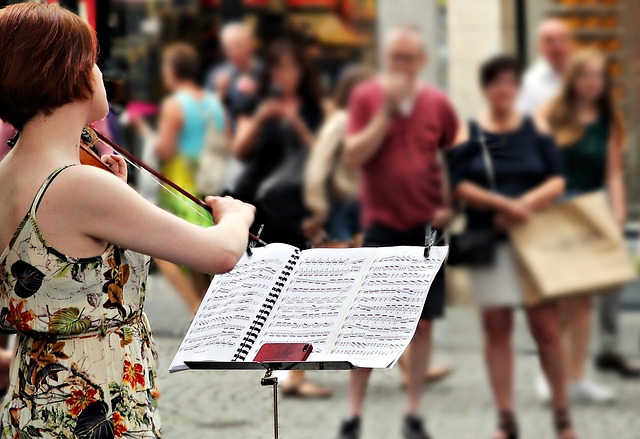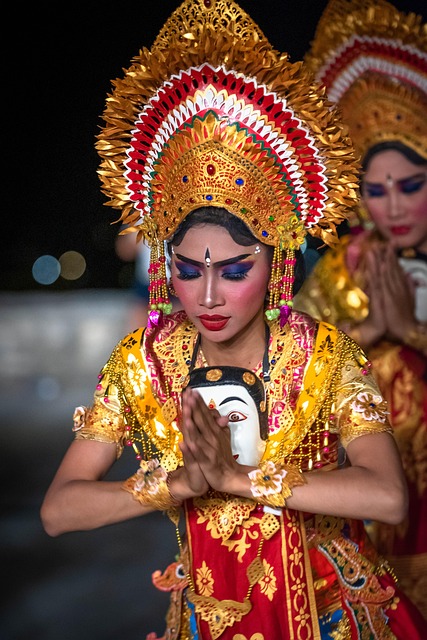Category: Seasonal Festivals In Eugene Oregon
Seasonal Festivals in Eugene, Oregon: A Comprehensive Exploration
Introduction
Eugene, Oregon, is a vibrant city renowned for its rich cultural tapestry and deep-rooted commitment to community celebrations. The city’s seasonal festivals have become a defining aspect of its identity, attracting locals and visitors alike. These festivals not only celebrate the region’s diverse heritage but also showcase its artistic, culinary, and natural wonders. This article delves into the world of Eugene’s seasonal festivals, exploring their history, impact, and evolution, while shedding light on their role in shaping the city’s cultural landscape.
Understanding Seasonal Festivals in Eugene, Oregon
Definition and Core Components
Seasonal festivals in Eugene refer to a series of cultural, artistic, and recreational events held throughout the year, centered around specific seasons, holidays, or themes. These festivals are multifaceted, encompassing music performances, art exhibitions, culinary delights, outdoor activities, and educational programs. Each festival has its unique character, drawing inspiration from Eugene’s rich history, natural surroundings, and diverse community.
Key components include:
- Music and Arts: Local and international artists perform across various genres, including folk, jazz, and contemporary music. Art exhibitions, street performances, and cultural showcases are also integral parts of these festivals.
- Culinary Delights: Food stalls and restaurants offer a culinary journey, featuring local produce, craft beers, and international cuisines. Many festivals highlight specific food traditions or showcase the region’s agricultural bounty.
- Outdoor Activities: With its lush green spaces, Eugene lends itself to outdoor festivals celebrating nature. These include hiking, biking, river activities, and community picnics.
- Community Engagement: Festivals serve as a platform for community bonding, bringing people from diverse backgrounds together. They foster a sense of belonging and celebrate the city’s unique character.
Historical Context
Eugene’s love for festivals has deep roots in its history. The city’s cultural scene began to flourish in the early 20th century, with the establishment of various arts organizations and community groups. The first notable festival, the Eugene Festival of Music and Arts, debuted in 1963, setting the stage for future events. Over time, festivals evolved to reflect the changing demographics and interests of the community.
In the 1970s and 1980s, environmental consciousness gained traction, leading to festivals centered around sustainability and nature appreciation. The 1990s saw a surge in cultural diversity, with events celebrating various ethnic backgrounds and traditions. Today, Eugene’s seasonal festivals are a harmonious blend of historical continuity and innovative programming.
Global Impact and Trends
International Influence
Eugene’s seasonal festivals have gained international recognition, attracting visitors from around the world. The city’s unique blend of artistic expression, natural beauty, and community engagement has inspired similar events globally. Many cities worldwide model their festivals after Eugene’s successful formula, incorporating elements such as outdoor settings, local participation, and a focus on sustainability.
Shaping Trends
Several global trends significantly impact the trajectory of seasonal festivals in Eugene:
- Sustainability: There is a growing emphasis on eco-friendly practices, with festivals adopting sustainable initiatives like recycling programs, compostable materials, and promoting local, organic produce.
- Diversity and Inclusion: Festivals strive to be more inclusive, celebrating cultural diversity through performances, food, and art from various ethnic backgrounds.
- Technology Integration: The use of technology, such as digital marketing, interactive installations, and live streaming, enhances festival experiences and reaches wider audiences.
- Community Collaboration: A collaborative approach is evident in festival planning, with local businesses, artists, and organizations working together to create memorable events.
Economic Considerations
Market Dynamics
Seasonal festivals play a pivotal role in Eugene’s economy, contributing significantly to the city’s revenue and attracting tourists. According to a 2022 study, the top five festivals generated over $15 million in economic impact, with visitors spending money on accommodations, dining, transportation, and souvenirs. This influx of tourism supports local businesses and creates employment opportunities.
Investment Patterns
The city’s festivals have attracted substantial investments from both public and private sectors. Local governments allocate funds for infrastructure development, while private sponsors contribute through financial support and in-kind donations. These investments ensure the festivals’ continuity and enhance their overall quality.
Economic System Integration
Festivals serve as a catalyst for economic growth by:
- Promoting Tourism: They attract visitors year-round, boosting the local tourism industry.
- Supporting Local Businesses: Food vendors, artists, craftspeople, and retailers benefit from increased foot traffic and sales during festivals.
- Creating Employment: Festivals generate temporary jobs in various sectors, providing employment opportunities for locals.
- Enhancing Real Estate Value: Well-organized festivals can increase property values and desirability in festival-adjacent areas.
Technological Advancements
Digital Transformation
Technology has revolutionized the way Eugene’s festivals are experienced and promoted:
- Online Ticketing and Registration: Streamlined digital ticketing systems offer convenient access and secure payment options, improving attendee experiences.
- Social Media Engagement: Festivals leverage social media platforms to promote events, share real-time updates, and engage with audiences globally.
- Interactive Apps: Dedicated festival apps provide event schedules, artist info, and navigation assistance, enhancing visitor interaction.
- Virtual Experiences: During the COVID-19 pandemic, virtual festivals and live streams ensured continued engagement, reaching a broader audience.
Future Potential
Emerging technologies present exciting opportunities:
- Augmented Reality (AR) and Virtual Reality (VR): These technologies can create immersive experiences, allowing attendees to interact with digital art installations or virtually explore festival sites.
- Blockchain and Cryptocurrency: Blockchain technology could facilitate secure ticket sales and donations, while cryptocurrency could be explored for sponsorship and financial transactions.
- Smart City Infrastructure: Integrating festivals with smart city initiatives allows for efficient event management, waste reduction, and enhanced visitor services.
Policy and Regulation
Governance Framework
The city of Eugene has established a comprehensive framework to govern seasonal festivals, ensuring their safety, sustainability, and alignment with the community’s values:
- Festival Planning Committee: A committee comprising city staff, business owners, and community representatives oversees festival planning and approval.
- Permitting and Licensing: All festivals require permits for various activities, including street closures, food service, and entertainment. This process ensures compliance with health, safety, and zoning regulations.
- Environmental Regulations: Festivals must adhere to strict environmental standards, including waste management, pollution control, and sustainable practices.
- Cultural Sensitivity: Policies promote cultural awareness, encouraging festivals to represent diverse communities and traditions respectfully.
Legislative Impact
Local legislation supports the festival industry in several ways:
- Tax Incentives: Tax breaks and rebates are offered to encourage sponsorship and investment in festivals.
- Zoning Regulations: Flexible zoning laws allow for temporary event spaces, accommodating pop-up markets and music festivals during specified periods.
- Grant Programs: The city provides grants for festival organizers to support innovative programming and community engagement initiatives.
- Public Safety Measures: Strict safety protocols, including emergency response planning and crowd control measures, are mandatory for all events.
Challenges and Criticisms
Overcoming Setbacks
Despite their success, Eugene’s seasonal festivals face several challenges:
- Logistical Complexity: Festival organizers grapple with permitting, site selection, and coordinating various vendors and performers, requiring extensive planning and resources.
- Weather Dependence: Outdoor festivals are vulnerable to unpredictable weather, leading to cancellations or changes in schedules.
- Budget Constraints: Securing adequate funding is a constant challenge, especially for smaller events with limited budgets.
- Community Overlaps: With numerous festivals occurring simultaneously, there’s a risk of audience overlap, requiring strategic marketing and unique programming.
Proposed Solutions
To address these issues, the following strategies can be implemented:
- Centralized Festival Planning: A unified festival planning body could streamline processes, share resources, and reduce duplication of efforts.
- Weather-Resilient Infrastructure: Investing in temporary, weather-resistant structures and flexible event spaces can mitigate weather-related disruptions.
- Public-Private Partnerships: Collaborating with local businesses and sponsors provides financial support and shared responsibilities for festival organization.
- Diverse Programming: Curating unique, niche events catering to specific interests can attract diverse audiences and reduce competition.
Case Studies: Successful Festival Implementations
1. Oregon Garden Party
The Oregon Garden Party is a quintessential Eugene festival celebrating the region’s horticultural heritage. Now in its 25th year, it attracts over 30,000 visitors annually. The festival features:
- Botanical Displays: Spectacular floral arrangements and garden sculptures transform local parks into outdoor art galleries.
- Music and Performances: Local and national musicians perform on multiple stages, showcasing folk, jazz, and contemporary genres.
- Culinary Experiences: Food stalls offer gourmet treats, with a focus on local produce and sustainable cooking practices.
- Community Engagement: The festival promotes environmental stewardship through educational workshops, recycling programs, and community clean-up efforts.
2. Eugene Spirit Festival
This eclectic event celebrates the city’s spiritual and cultural diversity. With over 10,000 attendees, it offers:
- Spiritual Workshops: Sessions cover a range of topics, from yoga and meditation to tribal dances and ancient wisdom traditions.
- Cultural Performances: Local artists and performers showcase indigenous art, music, and dance from various cultures worldwide.
- Mindful Activities: Yoga classes, meditation sessions, and nature walks promote mindfulness and well-being.
- Community Art Installations: Large-scale art pieces created by local artists reflect the festival’s theme of unity and diversity.
3. River City Festival
The River City Festival is a celebration of Eugene’s riverfront and outdoor recreation. This family-friendly event includes:
- River Activities: Kayaking, stand-up paddleboarding, and riverboat tours offer visitors a chance to explore the Willamette River.
- Outdoor Adventures: Hiking, biking, and nature walks showcase the city’s stunning natural surroundings.
- Community Picnics: Local families and friends gather for picnic lunches, fostering a sense of community.
- Live Music Concerts: Local bands perform on riverfront stages, creating a vibrant atmosphere.
Future Prospects
Growth Areas
The future of Eugene’s seasonal festivals holds immense potential in several areas:
- Virtual and Hybrid Events: Expanding digital offerings will ensure festivals’ accessibility to global audiences, especially during unforeseen circumstances.
- Sustainable Innovation: Festivals can further embrace eco-friendly practices, becoming models for green events worldwide.
- Cultural Immersion: Encouraging immersive experiences, such as cultural exchanges and heritage demonstrations, will enhance festival diversity.
- Youth Engagement: Involving young people in festival planning and performance fosters a sense of ownership and community pride.
Emerging Trends
Trends shaping the future include:
- Personalized Experiences: Utilizing technology to offer customized schedules and recommendations based on individual preferences.
- Wellness Focus: Festivals will increasingly incorporate wellness activities, aligning with growing health and self-care trends.
- Community Building: Collaborative festival initiatives will strengthen neighborhood ties and foster a sense of belonging.
- Storytelling and Immersion: Immersive storytelling techniques and interactive narratives will create memorable festival experiences.
Strategic Considerations
To ensure the festivals’ longevity, organizers should:
- Continuously evaluate and adapt to changing audience preferences and technological advancements.
- Foster public-private partnerships for financial sustainability and community engagement.
- Emphasize environmental stewardship as a core value, setting benchmarks for sustainability practices.
- Encourage youth participation and leadership roles in festival planning and programming.
Conclusion
Eugene, Oregon’s seasonal festivals are vibrant celebrations that showcase the city’s cultural richness, natural beauty, and strong sense of community. These events have evolved to become critical components of the local economy, attracting visitors from around the globe. Through technology integration, sustainable practices, and diverse programming, Eugene sets a benchmark for festival organization worldwide.
As these festivals continue to adapt and innovate, they will remain integral to the city’s identity, fostering community pride, cultural exchange, and memorable experiences. The future holds exciting possibilities for growth, with technology and sustainability at the forefront, ensuring that Eugene’s seasonal festivals remain dynamic and relevant for generations to come.
FAQ Section
Q: How many festivals does Eugene host annually?
A: Eugene hosts over 30 major seasonal festivals each year, ranging from music and art events to cultural celebrations and outdoor adventures.
Q: Are there any festivals that cater to specific interests or demographics?
A: Absolutely! Eugene’s festival scene caters to diverse tastes and backgrounds. Examples include the Oregon Garden Party (horticultural), Eugene Spirit Festival (spiritual and cultural diversity), and River City Festival (outdoor recreation).
Q: How do local businesses benefit from festivals?
A: Festivals bring significant foot traffic and spending to local businesses, including restaurants, retailers, and service providers. They also create temporary employment opportunities and enhance the city’s overall appeal to potential visitors and residents.
Q: What measures are taken to ensure festival sustainability?
A: Festivals prioritize sustainability through recycling programs, compostable materials, local food sourcing, and promoting eco-friendly practices among attendees and vendors. Many also partner with environmental organizations to further their ecological initiatives.
Q: Can visitors access festival information online?
A: Yes, most festivals have dedicated websites and social media pages, providing event schedules, artist lineups, ticket sales, and accommodation recommendations. Some also offer mobile apps for easy navigation and personalized experiences.
Eugene’s Summer Storytelling Festivals: Music & Magic Unfold
Explore Eugene’s Winter Festivals: Food, Markets, Holiday Cheer
Eugene’s Vibrant Seasons: Cultural Festivals Unveiled
Eugene’s Cultural Festivals: Seasons of Celebration and Diversity
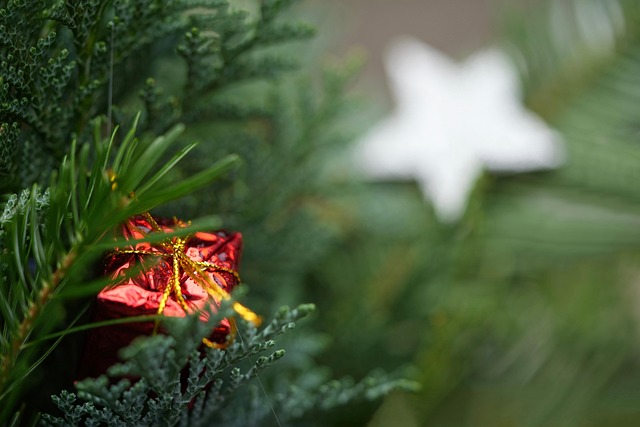
Eugene, Oregon, transforms into a multicultural celebration ground throughout spring, summer, and au…….
A Method, Structure, Trade, Focused, In Structure * * Man* * * * Method, Paradigaj * Max * Bedad, * Number * Source * * Method, * Whole * * * First * Method, * * Prior * * * * Method, * * * Structure * * * * Structure * * * Structure * * * * * * * * * * * * * * * * * * * * * * * * * * * * * *
Eugene Fall Harvest: Family Fun from Farm to Festival
Eugene’s Spring Flowers: Festivals, Fun & Cultural Celebrations
Discover Eugene’s Fall Harvest Fashion Festivals & Shows
Discover Eugene’s Winter Fashion Festivals & Local Designers
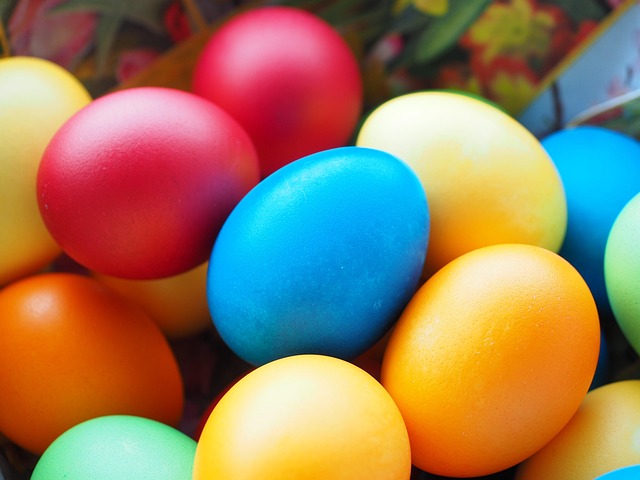
Eugene winter festivals transform the city into a fashion hub with vibrant events showcasing local t…….

